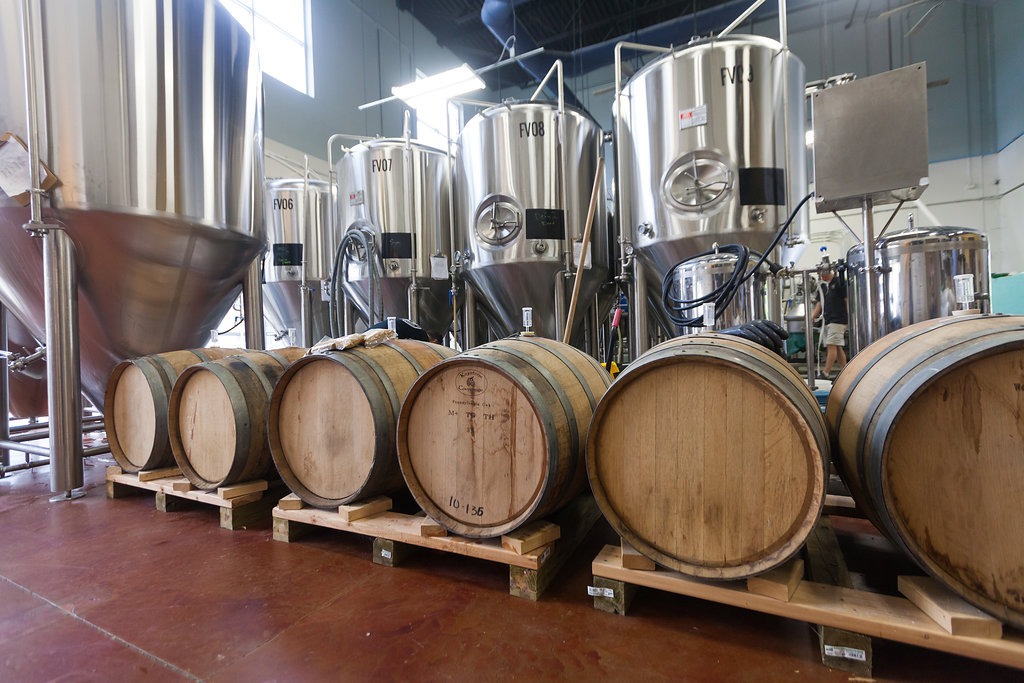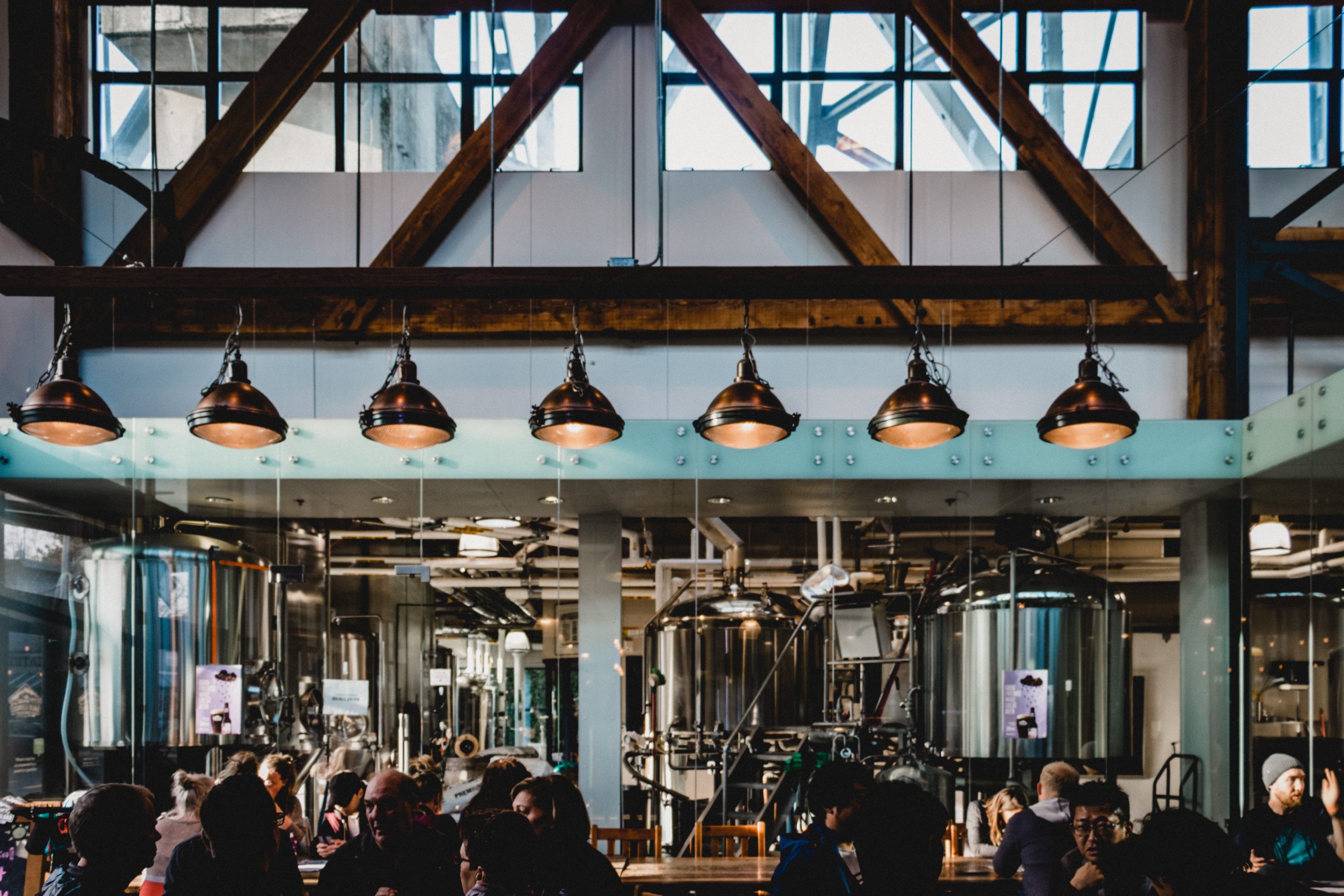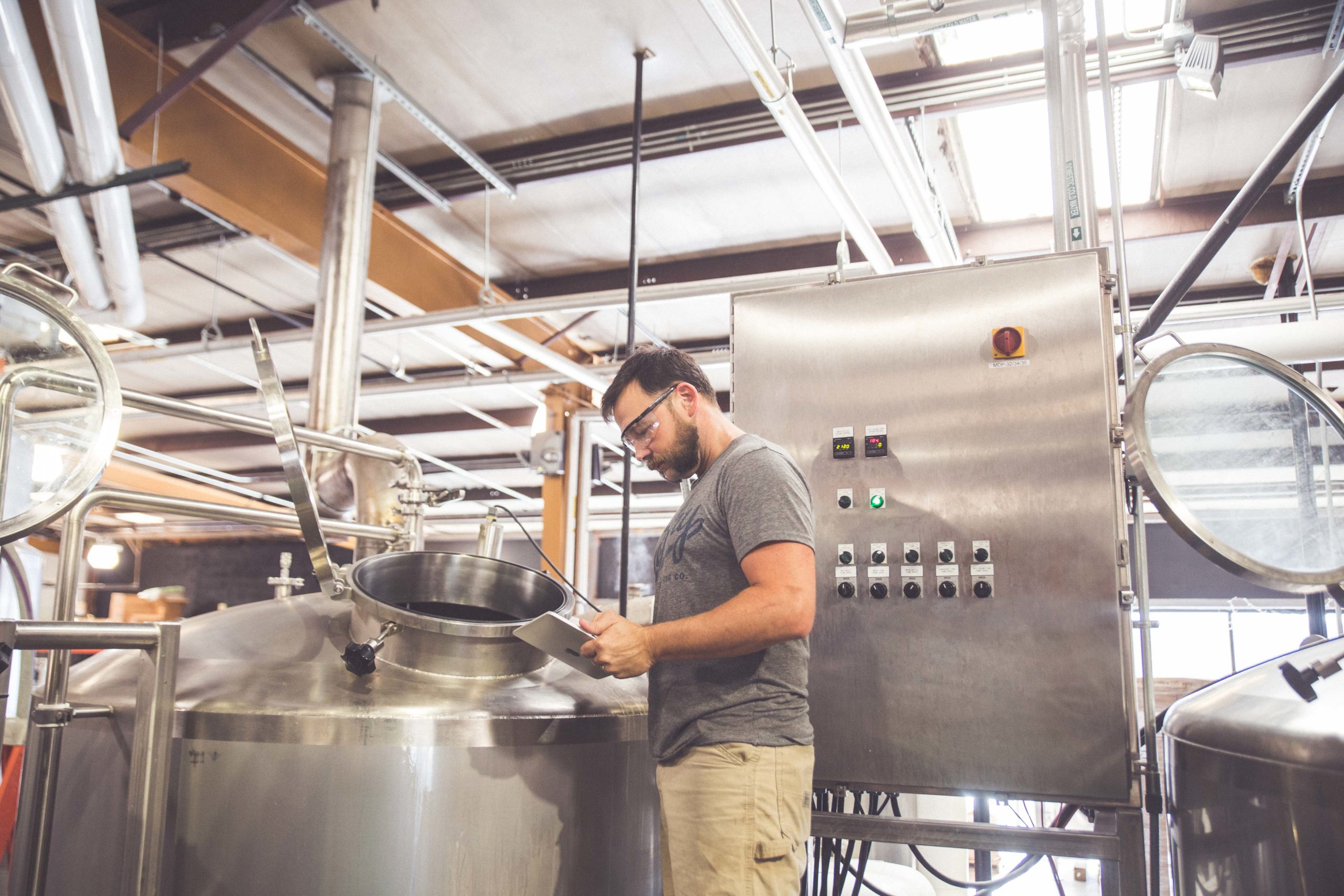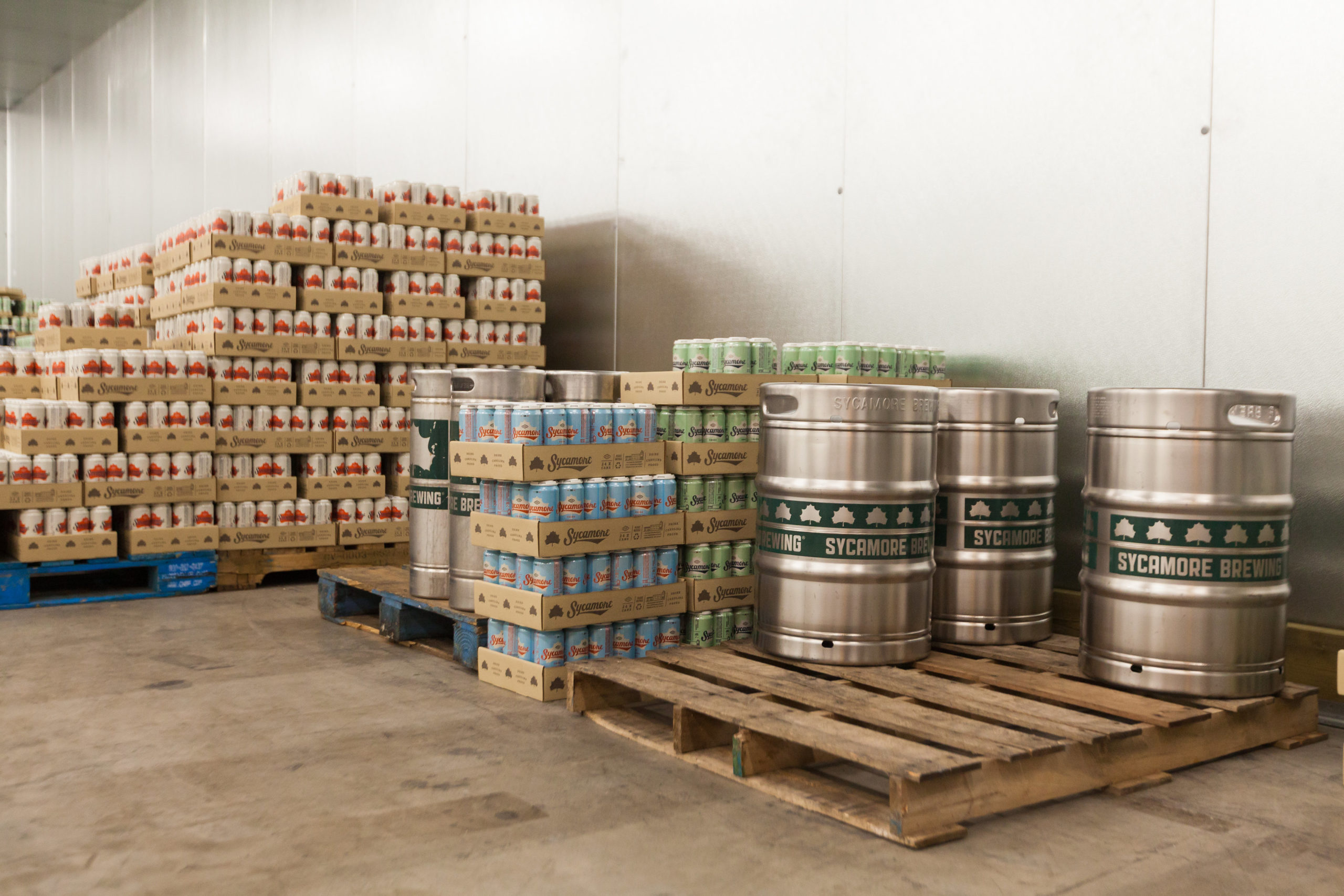Ever heard of a brewstillery? A few years ago, most folks probably would’ve said no. But today it’s much more likely. A portmanteau of “breweries” and “distilleries,” these businesses create brewed beverages such as beer as well as distilled spirits such as whiskey, gin, or tequila.
It makes sense that the alcohol industry is seeing growth in such an innovative area. Since the COVID-19 pandemic began, the way consumers drink has undergone a number of dramatic changes. Even now, with many parts of the country operating at levels similar to pre-COVID times and most local government restrictions on capacity and masking eliminated, the way consumers drink and spend money on alcohol has changed.
It seems that much of the recent growth in hybridized institutions like brewstilleries may be a result of these changes in demand. During the height of the pandemic, we saw a surge in at-home drinking trends. At one point, combined with existing supply chain complications and global economic conditions, many alcohol manufacturers had to contend with severe shortages of supplies such as aluminum cans, kegs, and even raw materials like barley and hops.
Among other trends, we’ve also seen a significant increase in sales of spirits over the last several years just as growth of craft beer sales has slowed. Just as craft beer entered a new era of popularity a decade or so ago, craft spirits are just getting started. It’s possible that some of the brewstilleries popping up come from breweries responding to the growth of public interest in spirits by expanding their beverage offerings beyond beer and other brewed beverages.
If you’re considering this unique business opportunity, you probably have a lot of questions. Mainly: is it worth it? Let’s break it down.
Quick Links
Pros of Operating a Brewstillery
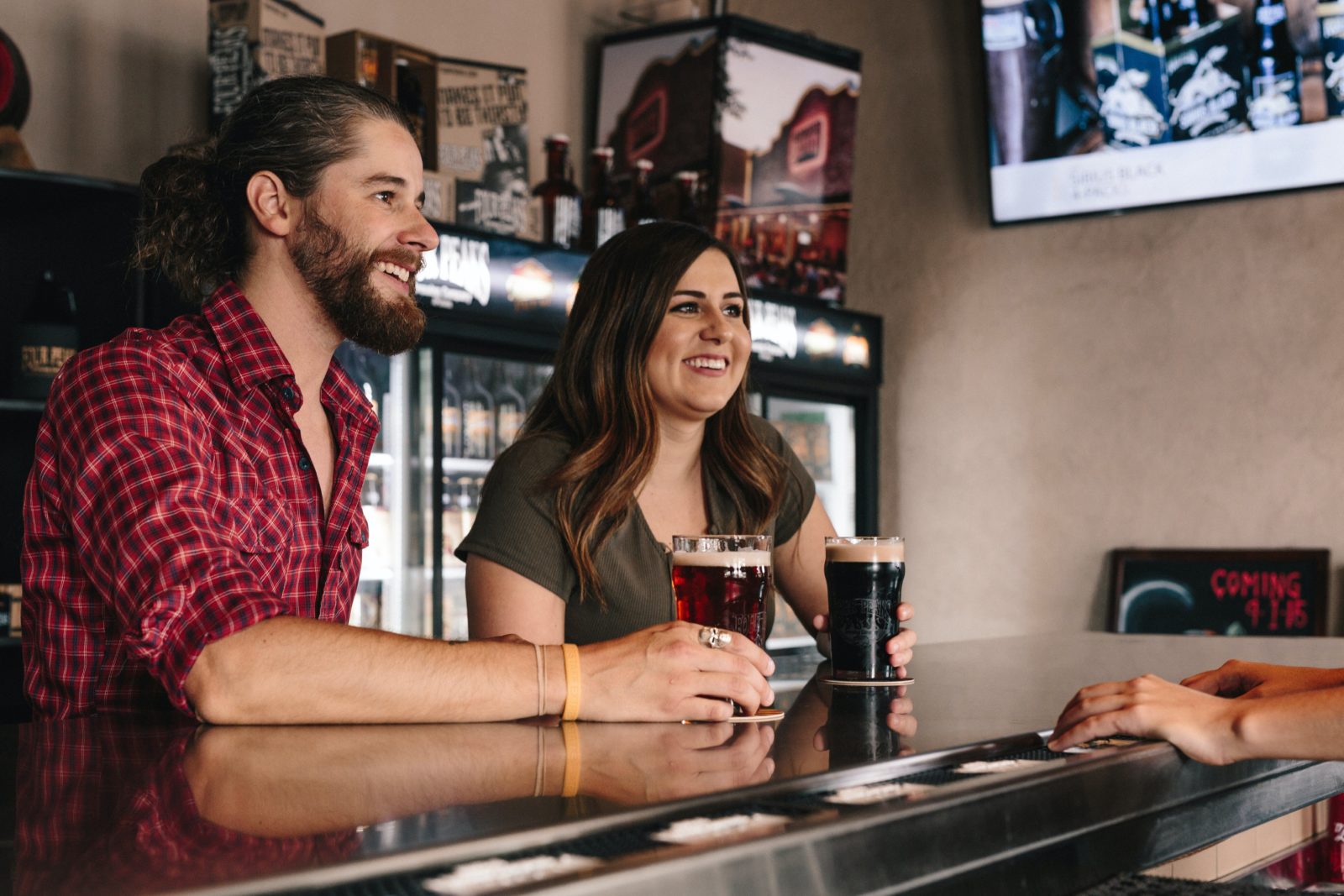
- Diversified income streams. By branching out into other types of alcoholic beverages, businesses can insulate themselves from some of the risks that come with making only one type of beverage. Customer preferences change rapidly. For Gen Z, a generation that is quickly aging past the legal drinking age, trend fluctuations are even more pronounced, due to the outsized role social media plays in decision-making in those communities. Maintaining the capacity to brew and distill whatever beverage types customers are most interested in can position your business to respond with agility to changes in trends. And as we mentioned, the growth in demand for spirits is one of the major trends that has developed over the past several years.
- Customer education and marketing by featuring behind-the-scenes info. We recommend that all alcohol producers use behind-the-scenes content to engage with their customers on social media. In our experience, customers love getting a sneak peak at how their favorite beverage is made. Of course, this opportunity is open to all alcohol producers, but it is a unique opportunity for brewstillery operators because of the novelty of their business model.
- Creativity and experimentation. Alcohol producers are a creative group. The beverages that stand out from the others are often those that offer something unique, strange, different, special, or otherwise new. Any business feature that encourages creativity and experimentation is one that we encourage. Brewstilleries, because of their dual modes of production and unconventional approach, offer the creativity that keeps our industry moving forward.
- Reduces waste. Brewstilleries may be more environmentally friendly than traditional breweries because they can often use waste products from the brewing process to produce spirits for distillation. For example, the raw materials used to brew beer can also be used to make whiskey, allowing your team to make the most of surplus materials and waste.
Cons of Operating a Brewstillery
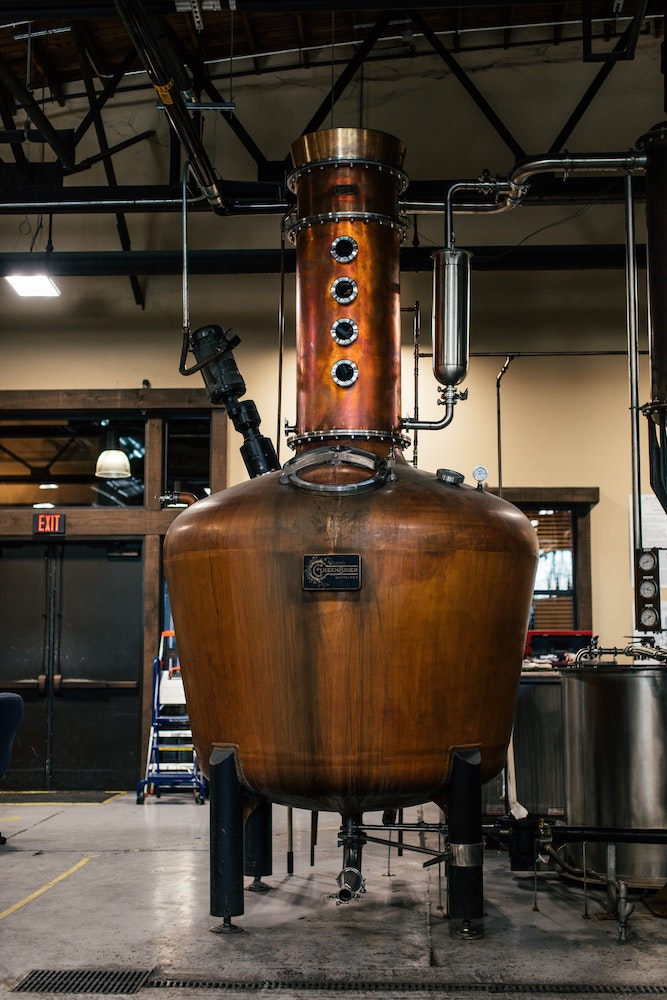
- Tax and legal compliance are more complicated. Most states have different laws for breweries and distilleries. When operating a business that combines the two, making sure your business observes all local and state regulations can be challenging. You will likely have to obtain a separate license to expand your brewery into distilling (or vice versa). Local law may also require you to keep the two sides of the business separate within your manufacturing facilities. We aren’t legal experts and this is not legal advice, so consult a local attorney for specific details on the laws in your state and county.
- Higher costs. We’ve mentioned how operating a brewstillery can, in some cases, reduce your waste by creating an opportunity to reuse some of the raw materials or byproducts from the brewing process in the distillation of spirits. But this isn’t without its complications. If local laws or regulations require you to separate your production areas for brewed beverages and spirits, you’ll have to invest in new equipment. And even if they don’t, you may still require additional machines to handle the extra load. Of course, offering a new type of beverage will hopefully increase revenue as well, but you’ll have to weigh the costs and potential benefits for your business specifically and decide whether it’s worth the expense.
- Potential risk. Any business move that involves an investment of money, time, and labor carries some inherent risks. On the other hand, there are also risks in never adapting or changing your business model — running a business is naturally unpredictable. In the alcohol industry particularly, though, any new business venture involves a significant investment in equipment, raw materials, packaging, and marketing. Only by taking the plunge can you discover the payoff or loss of an investment like this.
Brewery-Distillery Hybrids: Other Factors to Consider
Extra Workload, Labor & Expertise Needed
Before adding a new type of alcohol production to your business model, consider the costs involved. We’ve already discussed the added expenses of raw materials and equipment, but there are other, less obvious costs that you’ll want to account for before expanding your business. For example, you will likely need to hire new personnel to handle the extra workload if you expand your offerings in a significant way.
One Thing at a Time for Beginners
We think there are some unique benefits to operating a brewstillery, and for experienced alcohol producers, it is worth considering whether a strategic pivot to this business model could be beneficial. But we recommend against this course of action for newcomers to the industry. Fledgling businesses benefit from committing time, energy, and resources to one specialty, rather than splitting efforts between multiple avenues. Once your business is more established, you can revisit the brewstillery concept.
Don’t Dilute Brand Identity
Manufacturing and marketing multiple types of alcoholic beverages is a big challenge. For businesses with less robust marketing strategies, the challenge can be too much. It’s better to keep your scope small initially and expand when you have the resources to do so. Branding is key to success for businesses that sell physical products. It isn’t worth risking diluting your brand identity with lots of new products unless you’re certain you have the marketing strategy and funding to support it.
Connect With Peers to Understand the Benefits & Challenges
By now you probably understand that our assessment of the brewstillery concept is mixed. We love the idea and its potential for innovation, but it also involves a number of possible pitfalls for newcomers and businesses without the bandwidth to take on such an ambitious approach. If you are interested in exploring the concept but are unsure of whether to pursue it, we recommend you connect with other members of your business community for support. The insight of other alcohol producers is invaluable. Your peers and friends can help you weigh the risks and benefits of expanding production to become a brewstillery.
